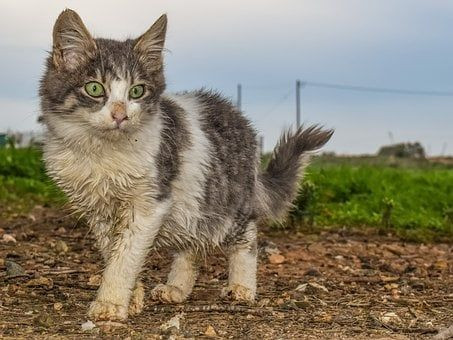International Homeless Animals Day: Five Ways To Celebrate
Every third Saturday in August is celebrated as International Homeless Animals Day all over the world. This day reminds us about pet overpopulation and the need to provide a quality life for millions of homeless animals.
As per PETA figures, over 70 million stray, lost and abandoned dogs and cats exist in the U.S. The outbreak of COVID-19 has added to the numbers after many shelters limited intake of animals, resulting in a rise of homeless animals. That forces many to abandon these animals, and essential services like spaying and neutering aren’t done. Result: More animals suffer and die.
So as we battle the increase in the homeless animal population, here is how you can help prevent more animals from ending up homeless.
1) Adopt and never buy: Anyone who wants a pet should ideally adopt from a shelter and never buy from breeders or pet stores. Breeders bring more animals into the world, killing homeless dogs’ and cats’ chances of finding a home, says PETA. In fact, the number of euthanized animals can be brought down if more people adopted instead of buying.
2) Spay or neuter your pets: By getting your pet spayed, you prevent unwanted kittens and puppies. Fewer births mean fewer homeless animals, which will help local shelters save more lives. Also, spay/neuter also has health and behavioral benefits.
3) Volunteer at your local shelter: You can spend your free time volunteering at a local shelter. Ask them how you can help. This can include anything from walking animals to cleaning cages and helping with office work, social media and adoption drives. Even children can do their bit during the adoption events by spreading a word to their friends.
4) Donate: Every homeless animal is in need of help. Donate vital supplies like pet food, towels, toys, blankets, newspapers and crates. You can always call and check with them about things they need and supply them with those.
5) Spread the word: Awareness is the key when it comes to helping homeless animals. Use the power of social media to spread awareness and turn advocate for animals, shelters and animal welfare issues. Work along with animal protection organizations and spread information for them by working as their publicist.

© Copyright IBTimes 2024. All rights reserved.





















